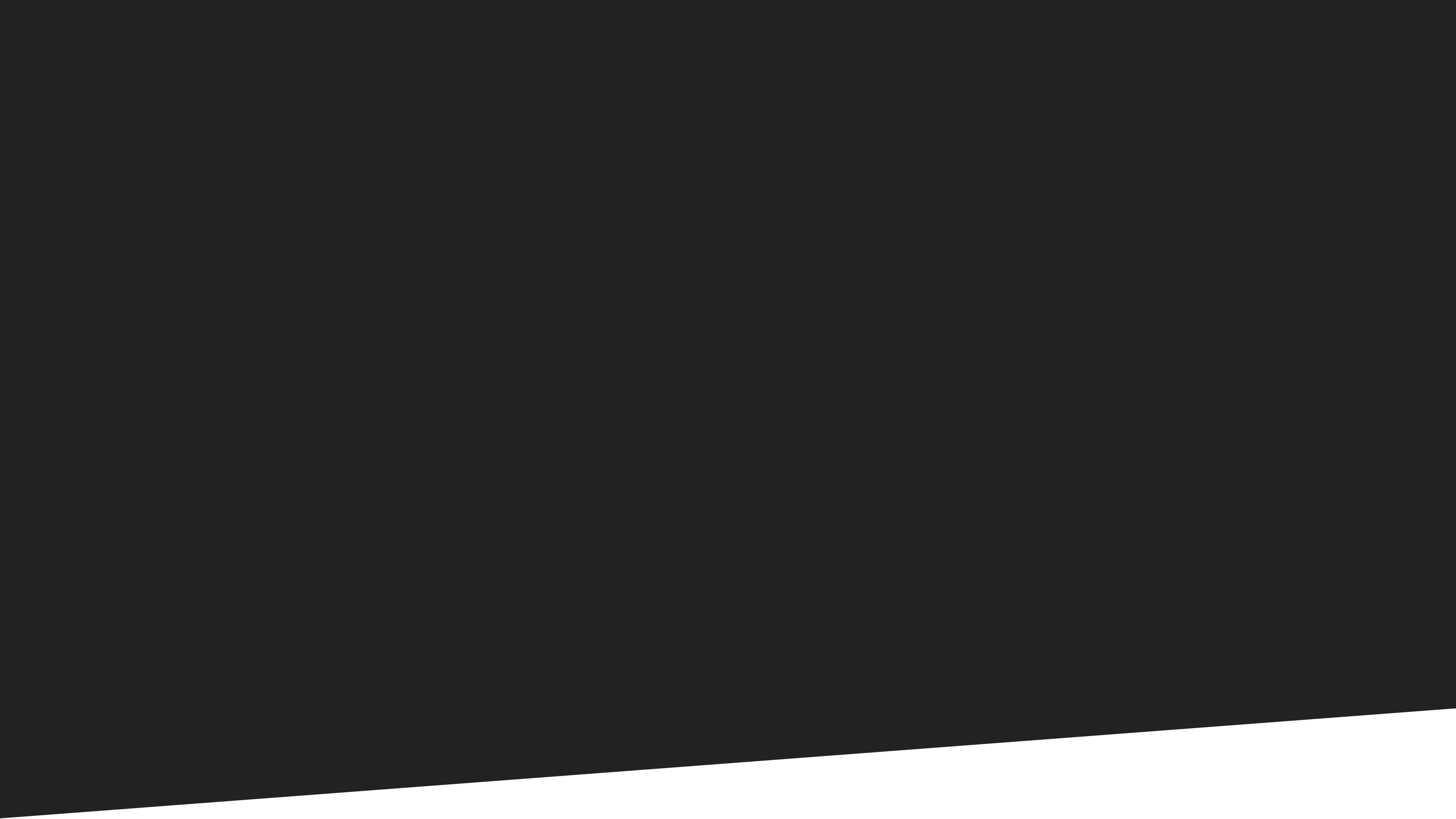Would you choose to enter journalism as a freelancer?
By Xintong Wang
April 30, 2023

After spending 20 years as a reporter with Bloomberg, Rachel Layne felt the need for some flexibility in her life just as the news outlet was changing the department where she worked. Layne made the decision to become a full-time freelance journalist. Since then, she has worked for CBS News, USA Today and most recently, Harvard Business School Working Knowledge.
Layne, an independent journalist and adjunct professor in Emerson’s journalism department, reflected on her early days as a freelancer after graduating from Emerson and how it differs from her re-entering the field. “I have a lot of contacts after a long time in the business, so I took some time off and then just started building clients,” said Layne. “It was much harder as a young person, and journalism has changed so much since then.”
The gig economy, consisting primarily of part-time or full-time independent contractors, freelancers and temporary workers, has been in flux in the U.S. over the years, especially when time fast-forwards into the post-pandemic era, as people seek to supplement their income through multiple sources.
With the total number of independent workers soaring by 64% from 39.3 million in 2015 to 64.6 in 2022, according to data from MBO Partners, this already large economy has grown even more significantly, making it a conspicuous player in the U.S. economy. Upwork, the world’s leading freelance platform, reported that in 2022, the freelance workforce in the U.S. comprised 39% of the total workforce, contributing $1.3 trillion in annual revenue to the country’s economy. The trend toward a flexible work system is not confined to individuals. Certain industries are also embracing this shift, which “raises the alarm” for news workers, as journalism appears to be already moving toward this economic model.
Lian Parsons is currently pursuing a master’s degree at Harvard Extension School. While working full-time as a digital content producer for the university, she also freelances part-time. Parsons began freelancing while in college when she interned at a digital news site. Although freelancers often have more control over their work content, the Boston-based journalist acknowledged that they also need to be highly self-motivated, which can be nerve-wracking.
“Journalism is already a very competitive market,” Parsons said, referring to the recent employee cuts in news organizations such as BuzzFeed as a sign of greater dependence on gig workers and expressing concern about the erratic economic model. “A lot of these legacy media places doing a lot of firing and relying more increasingly on a contractor freelance workforce,” she said. “It’s not quite a gig economy level, but it could be, and I don’t want it to be.”

Notably, a recent Pew Research Center survey looked at the correlation between journalists being self-employed or salaried and their specialized fields of reporting. The survey revealed 57% of journalists in travel and entertainment chose to freelance, the most of any beat surveyed, while only 13% of those covering crime and law were freelancers.
Amy Guttman, a seasoned journalist and producer with more than 20 years of experience, started freelancing in 2010 within various news sectors. Describing the current news industry as a “state of chaos,” Guttman believed relying exclusively on journalistic endeavors to make a livelihood was precarious. “If you try to make a living strictly off of freelance journalism, unless you have very regular clients who you’re working for on a very consistent basis, and hopefully with some kind of contract,” she said. “It really makes sense to have some kind of anchor client, and it’s okay if that’s not in straight journalism.”
Buoyed by the loose nature of the gig economic system, receiving fair payment poses a vexing concern for freelance journalists as well as other freelancers. Writer and lifestyle journalist Michael Berman who graduated from Emerson in 2019, has noticed that despite the availability of numerous gig opportunities to freelancers, many of them do not offer reasonable remuneration for the services rendered, especially in scenarios where the demand for such work is sporadic, which enhances the “tenuous nature of all freelance gigs.”
“You have to be really discerning about what you’re taking on and who is sort of treating you what you’re worth,” Parsons said. “Because they’ll pay you as little as they possibly can.”

Earnings in the journalism industry have been lackluster over a prolonged period, with compensation varying by position. Reporters and photographers working in legacy newspapers tend to obtain lower pay than their counterparts in digital journalism; editors and employees in digital media-related roles often earn higher salaries than reporters and photographers. With low barriers to entry and the upsurge of digital media, the news industry has rapidly expanded like a bubble, making it difficult to delineate its boundaries.
While the recent newsroom layoffs may be attributed to an indication of a boosted reliance on gig workers, the long-term decline in journalism jobs may also herald an influx and shift towards a more gig-based work system. According to the Bureau of Labor Statistics, newsroom employment experienced a 20.7% cutback from 2011 to 2021, with the industry of newspaper publishers facing the most severe shrinkage from above 50,000 employees to below 30,000 employees, a 44.6% decrease.
“Parts of it are well-funded; other parts of it are not,” Guttman spoke to the dysfunctional news industry. “The economy is much more unstable, broadly speaking than I can remember it being, and I’m talking globally.”
The journalism industry, like many others, is experiencing a significant transition in response to the ever-changing world.
Although acknowledging the industry’s challenges and dilemmas, Guttman still expressed gratitude for the opportunity to work in this fast-paced field with infinite possibilities. “Everything moves so fast now that you have to be highly adaptable, and being freelance forces me to be adaptable,” she said.
“It gives me great longevity and sustainability in my career,” Guttman continued. “I literally could be producing in West Africa … one day, working on a highly investigative project for a private client another day, to … standing outside of Westminster doing live shots on a third day, to planning stories for a Japan trip, and I love all of it.”
“I would never have that kind of diversity if I had a full-time, singular job, and I love the diversity,” Guttman said. “For me, it’s what keeps me stimulated and keeps me feeling fulfilled.”

